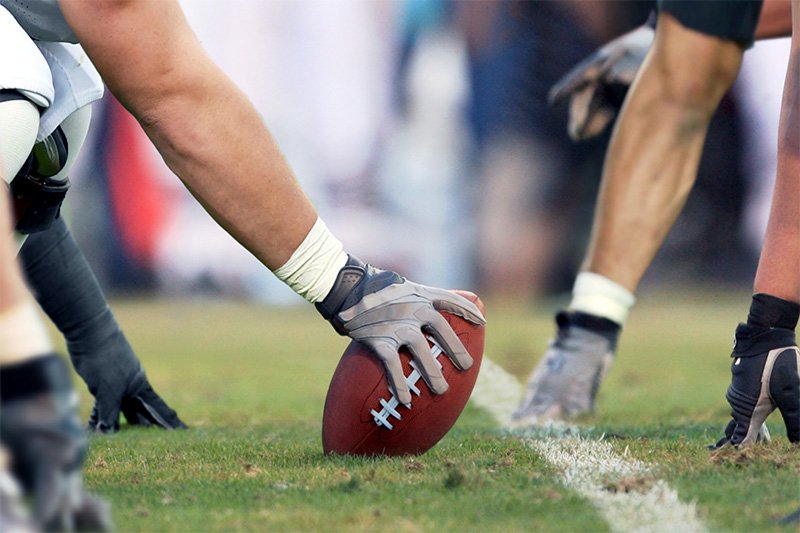NCAA Permits College Athletes to Wager on Professional Sports
The National Collegiate Athletic Association (NCAA) has approved a major policy shift. Student-athletes and athletics department staff will now be allowed to place wagers on professional sports. The new rule goes into effect on November 1, 2025.

This move modernizes the organization’s rules without compromising the integrity of college competitions. The change required final approval from all three NCAA divisions, with the Division III Management Council issuing the final clearance this week.
New Rule Balances Modernization and Protection
NCAA officials acknowledged that student-athletes now live in an environment where sports betting is legally available in many states. This policy change attempts to balance this reality with integrity protection.
The new rule allows student-athletes and staff to place bets on pro sports only through legal, regulated operators. Roberta Page, Chair of the Division II Management Council, noted the change “acknowledges the realities of today’s sports environment” while keeping the focus on integrity and student-athlete well-being.
The NCAA stressed this reform is not an endorsement of sports betting. Instead, it emphasizes harm reduction and education.
University Sports Betting Remains Banned
Despite the relaxed rules for professional contests, the NCAA maintains a strict ban on all college sports betting. Betting on any university sport remains strictly prohibited. Student-athletes are still banned from sharing insider information or associating with gambling entities tied to college competition. Sharing such information remains a serious violation. Additionally, NCAA championships and events will continue to exclude sports betting advertisements and sponsorships.
The reform follows a period where the NCAA stepped up enforcement against betting violations. In September, the NCAA sanctioned former college basketball players from six schools for various betting violations. Three other student-athletes were permanently disqualified for placing player prop bets on their own teams. The NCAA has also taken a firm stance against player prop betting on college games, asking state regulators to stop offering these markets.
Education Programs to Support Athletes
A critical part of the NCAA’s strategy is increasing educational and preventative efforts. The organization will use the NCAA Sport Science Institute to run programs focused on risk awareness and responsible gambling habits.
The Division I Student-Athlete Advisory Committee supported the rule change. However, the committee specifically requested continued and improved educational support to help student-athletes avoid problem gaming habits.
The NCAA continues to express deep concern about emerging prediction markets regarding college football. Officials warn that these platforms could create new ways for the misuse of insider information. The decision to allow betting on professional sports marks one of the most important changes to the organization’s gambling policy since the repeal of the Professional and Amateur Sports Protection Act (PASPA) in .
Recommended
